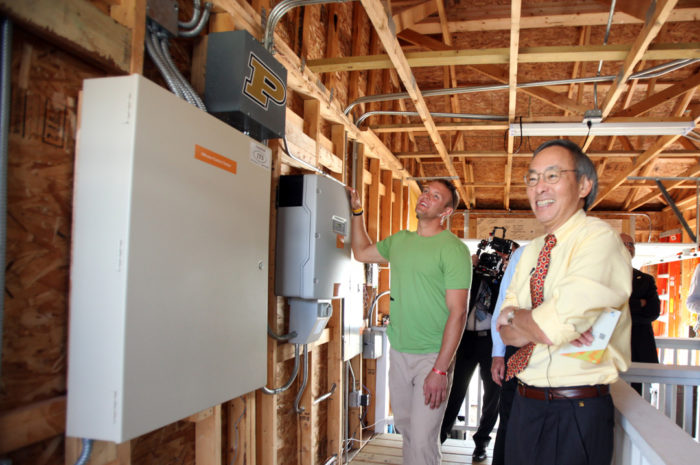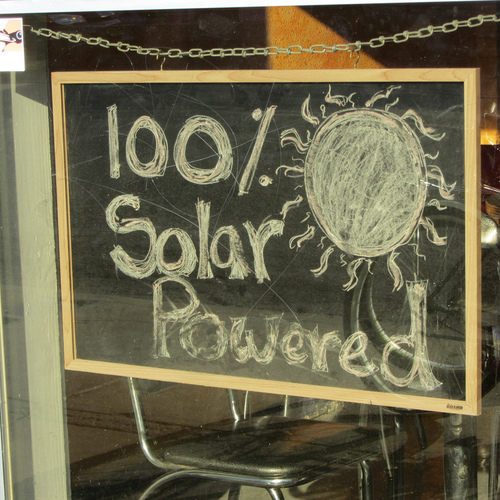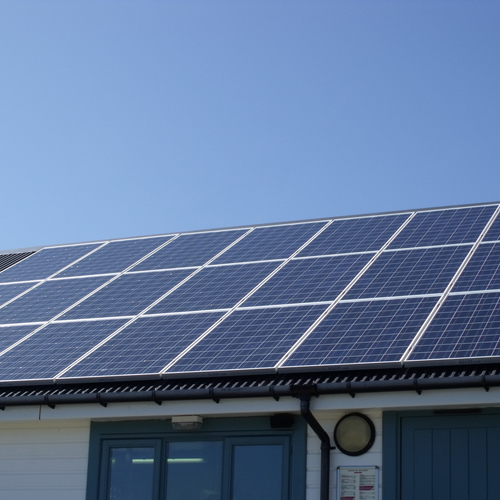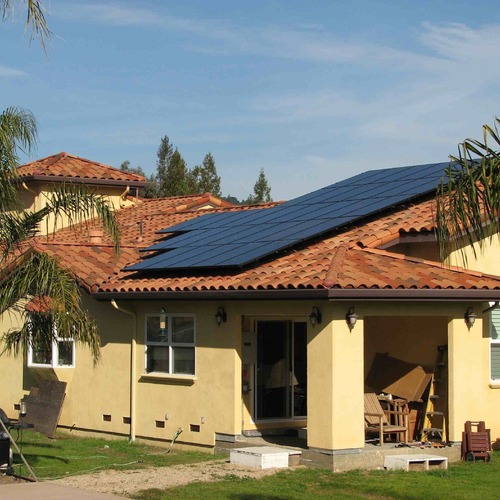
Image Credit: U.S. Department of Energy via Wikimedia Commons
Former U.S. energy secretary Steven Chu has some simple advice for electric utilities fighting rooftop solar: Get with the program and start selling the systems yourselves.
As the price of photovoltaic systems continues to fall, more homeowners are installing grid-tied systems and buying less power from the local utilities. Utilities, in turn, are turning to regulators for permission to raise rates for customers with PV systems, or to block installations altogether, in order to protect their bottom lines.
But Chu, the energy secretary from 2009 until April 2013, said the way for utilities to avoid this “death spiral” is to take advantage of their ability to borrow money cheaply and get into the PV business themselves, according to an article that appeared in Forbes Online.
“They’re in a flat to shrinking business,” Chu said during an appearance at the University of Chicago, “and as solar and batteries get cheaper and cheaper, they’re going to see their customer base of the best customers” install solar.
Develop a better business model
A more productive business model, according to Chu, would be for utilities to take advantage of their ability to borrow money at very low rates and buy PV modules and batteries for storing excess power. They would then partner with local installation firms to put the systems in at the homes of customers.
Customers would be able to buy electricity from the systems on their own roofs at lower rates, and without paying for the PV modules up front.
Among the advantages, he said, would be a distributed network that would improve the stability of the grid, plus the ability to expand without installing new transmission lines.
According to Forbes, Chu said he began talking to utility officials about the idea a couple of years ago and typically gets one of three responses: “Tell us what to do,” “deer in the headlights,” or “we’re going to fight this.”
“This is not a radical model,” Chu said, “this is the old telephone system model, where the telephone companies owned the phone, they rented you the phone for so long, they maintained it.”
Weekly Newsletter
Get building science and energy efficiency advice, plus special offers, in your inbox.














0 Comments
Log in or create an account to post a comment.
Sign up Log in